Results
-
£58.00
I beredskap - Sam Rydberg - Birger Jarl
This march is regarded as one of the very best by Sam Rydberg. It was composed in 1939 to Kungliga Alvsborgs Kustartilleriregiment. The arrangement is done by another great personality in the Swedish Band music movement, Birger Jarl well-know as conductor, composer and arranger.
Estimated dispatch 7-14 working days
-
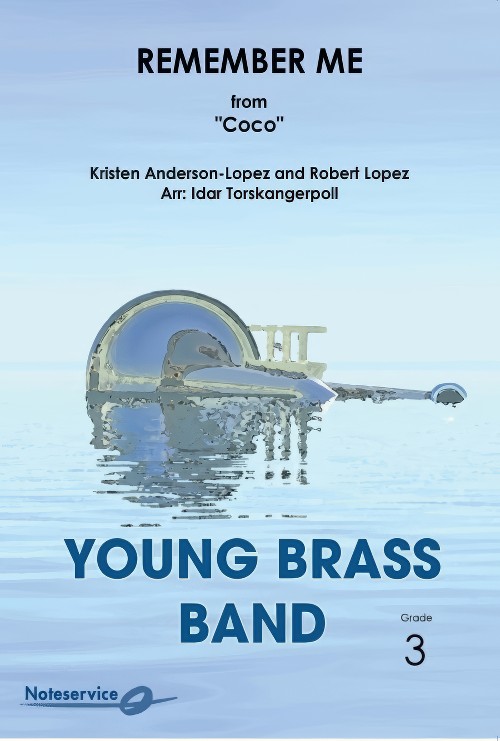 £71.90
£71.90Remember Me (from Coco) (Brass Band - Score and Parts) - Anderson-Lopez & Lopez - Torskangerpoll, Idar
Remember Me is a song from the 2017 animated Disney Pixar film Coco. The song apperars in several different versions throughout the movie, as a mariachi arrangement, ballad and even as a pop version. It was awarded Best Original Song at the 90th Academy Awards in 2018.
Estimated dispatch 7-14 working days
-
 £44.95
£44.95Endeavour (Brass Band - Score and Parts) - Cordner, Martin
Originally written for the USA Eastern Territory 'Future all-stars' programme, this work is abounding in energy and drive. The?contemporary song 'I'll do my best' is complemented by the more traditional 'Mercy still for me'.
Estimated dispatch 7-14 working days
-
 £22.50
£22.50Endeavour (Brass Band - Score only) - Cordner, Martin
Originally written for the USA Eastern Territory 'Future all-stars' programme, this work is abounding in energy and drive. The?contemporary song 'I'll do my best' is complemented by the more traditional 'Mercy still for me'.
Estimated dispatch 7-14 working days
-
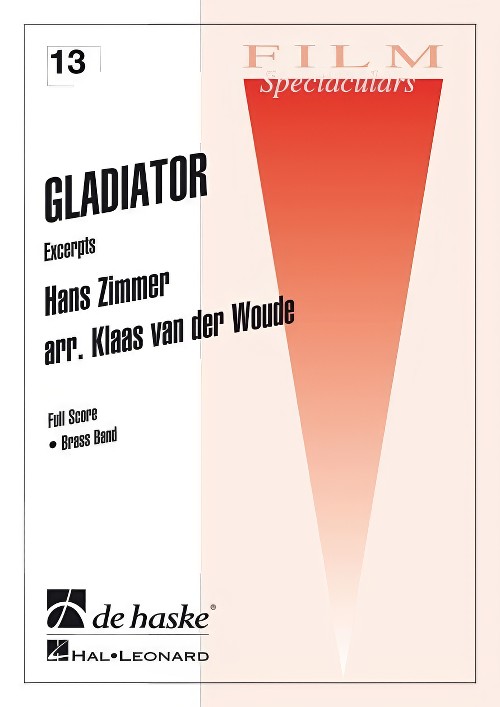 £60.99
£60.99Gladiator (Brass Band - Score and Parts) - Zimmer, Hans - Woude, Klaas van der
The long list of musical film scores by the German composer Hans Zimmer includes such works as Armageddon, Rain Man, Speed and Thelma and Louise, showing he is at ease with many types of film music. Some of his best work was his music for the epic Gladiator. Klauss van der Wourde has created a great arrangement from this wonderful score.Duration: 5:30
Estimated dispatch 7-14 working days
-
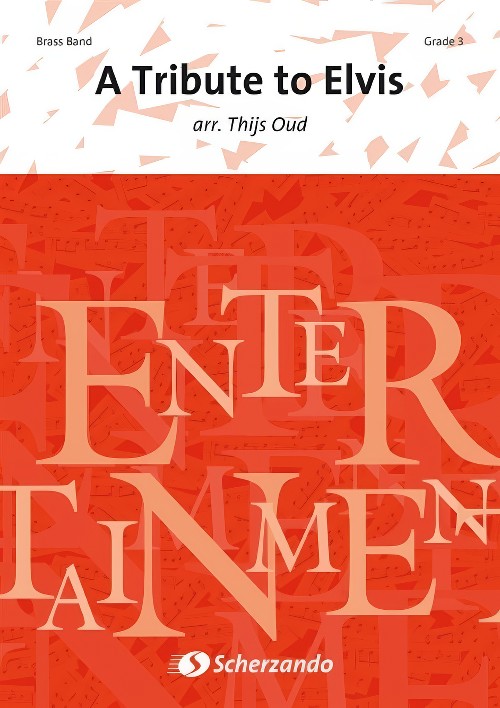 £72.99
£72.99A Tribute to Elvis (Brass Band - Score and Parts) - Oud, Thijs
Richard Strauss's Also Sprach Zarathustra is used in this great medley to introduce the King of Rock and Roll. Just imagine him walking onto the Las Vegas stage and then put your whole heart into performing three of his best known hits. An extra touch of entertainment can be added with members of your band singing the chorus to CC Rider. Everyone will love this tribute to the legendary performer.Duration: 10:30
Estimated dispatch 7-14 working days
-
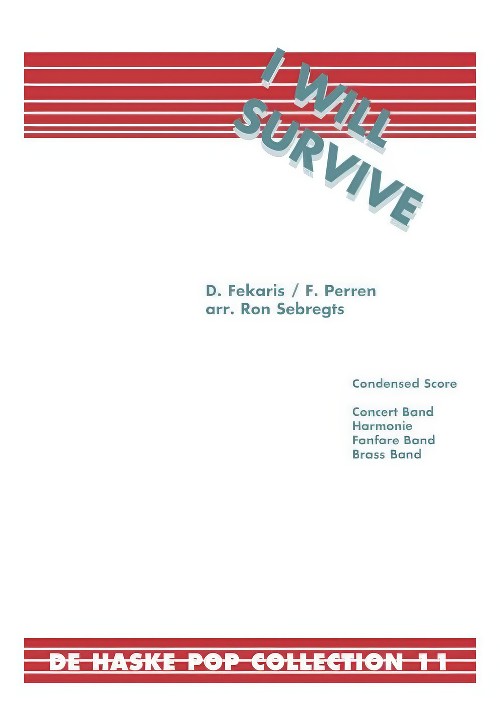 £54.99
£54.99I Will Survive (Brass Band - Score and Parts) - Fekaris & Perren - Sebregts, Ron
This classic disco hit was released by Gloria Gaynor in 1978. Following massive airplay it reached number one in pop charts around the world and in 1980 received a Grammy for Best Disco Recording. Since then it has appeared in many films and television programs and has been adopted by many causes such as HIV/AIDS awareness and the campaign for women's rights. It is also the 'stadium anthem' for the Dutch football team Feyenoord. Ensure your audience leaves any concert in an upbeat mood with this disco masterpiece.Duration: 3:30
Estimated dispatch 7-14 working days
-
 £34.50
£34.50DAPHNIS AND CHLOE, 2nd Suite (Brass Band Extra Score) - Ravel, Maurice - Snell, Howard
2012 National Championships Finals - Championship Section. A ballet described by Ravel as a choreographic symphony, the composer began work on the score in 1909. It was premiered in 1912 and the music is widely regarded as among Ravel's best.
Estimated dispatch 7-14 working days
-
 £95.00
£95.00DAPHNIS AND CHLOE, 2nd Suite (Brass Band Set - Score and Parts) - Ravel, Maurice - Snell, Howard
2012 National Championships Finals - Championship Section. A ballet described by Ravel as a choreographic symphony, the composer began work on the score in 1909. It was premiered in 1912 and the music is widely regarded as among Ravel's best.
Estimated dispatch 7-14 working days
-
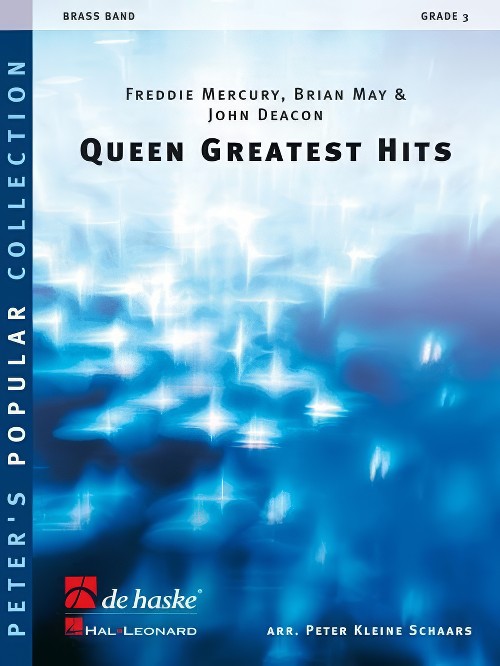 £69.99
£69.99Queen Greatest Hits (Brass Band - Score and Parts) - Schaars, Peter Kleine
Queen Greatest Hits is a veritable feast of fantastic melodies from one of the worlds largest supergroups. Includes: Bohemain Rhapsody, Another One Bites the Dust, Crazy Little Thing Called Love, We Will Rock You and We Are the Champions. Queen at their best!Duration: 6:25
Estimated dispatch 7-14 working days
